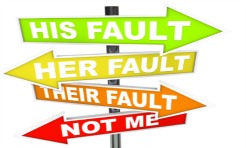Accountability: Leaders must Mentor the New Generation
“Accountability, coupled with a resolve to finding creative solutions is the epitome of courage.” ~ Danita Bye

Accountability is the sixth action step in cultivating a courageous core. Encourage Next Gen leaders to welcome measures that will hold them accountable. When leaders act with integrity, welcome ongoing accountability, and demonstrate resolve in finding creative solutions, they are both highly respected and extremely effective.
Accountable Leaders Never Play the Blame-Game
In my work, I help presidents and CEO’s improve their sales team’s productivity. It is not uncommon for me to step in and have to deal with some blame-gaming dialogue. The list of what’s to blame is endless: the economy, the marketplace, the competition, my boss, the marketing department, the production team…the dog, the neighbor’s cat, my fish, etc! I’m certain you have heard your share of creative excuses as well.
Our challenge is to guide Millennials away from this blame-the-other-person-attitude towards accountability. Amazingly, research indicates that only 60 percent of salespeople are infected with this disease.
In contrast, people who are accountable will ask, “What might I do to help solve the problem?” Questions like this, over time, create a positive, energizing culture.

“God, grant me the serenity to accept the things I cannot change,
the courage to change the things I can,
And wisdom to know the difference.”
When you coach and invest in emerging leaders, use these tips to help them add accountability to their leadership strengths:- Remind them to listen deeply: During times of conflict and chaos, they should listen with honesty to their own self-talk. Are they making excuses? We all go through times when it feels easier to blame, rather than take responsibility. Sometimes it’s difficult to recognize our own excuses. Be honest about this struggle so they know it is okay to seek counsel from a trusted mentor who can gently guide them through this.
- Encourage them to find no-excuse friends and colleagues: Encourage emerging leaders to hang around with leaders who use their creativity to make positive impacts, no matter how bad the chaos and conflict around them appears to be. These are the people who will inspire them to be even more creative and bring out the best in them.
- Practice asking excuse-busting questions: Teach young leaders the importance of asking action-focused questions. Actions lead to results. For example, ask: “If I couldn’t use that excuse, what might I do differently to overcome that obstacle?” This empowers them to come up with creative solutions from the start.
The Dakota Way invites us to embrace an excuse-free character core with a set of shared values, goals, and practices that minimize excuses and maximize the search for creative solutions, especially during times of chaos and conflict. This is a key ingredient of a winning recipe for the effective advancement of your business growth strategies!
Dakota Way Leadership question: How might you help Emergent Leaders to see the difference between accountability and playing the blame-game?
Dakota Way Leadership lesson: Remind those you lead to take responsibility for their choices.
© Copyright Danita Bye, 2016


No Comments